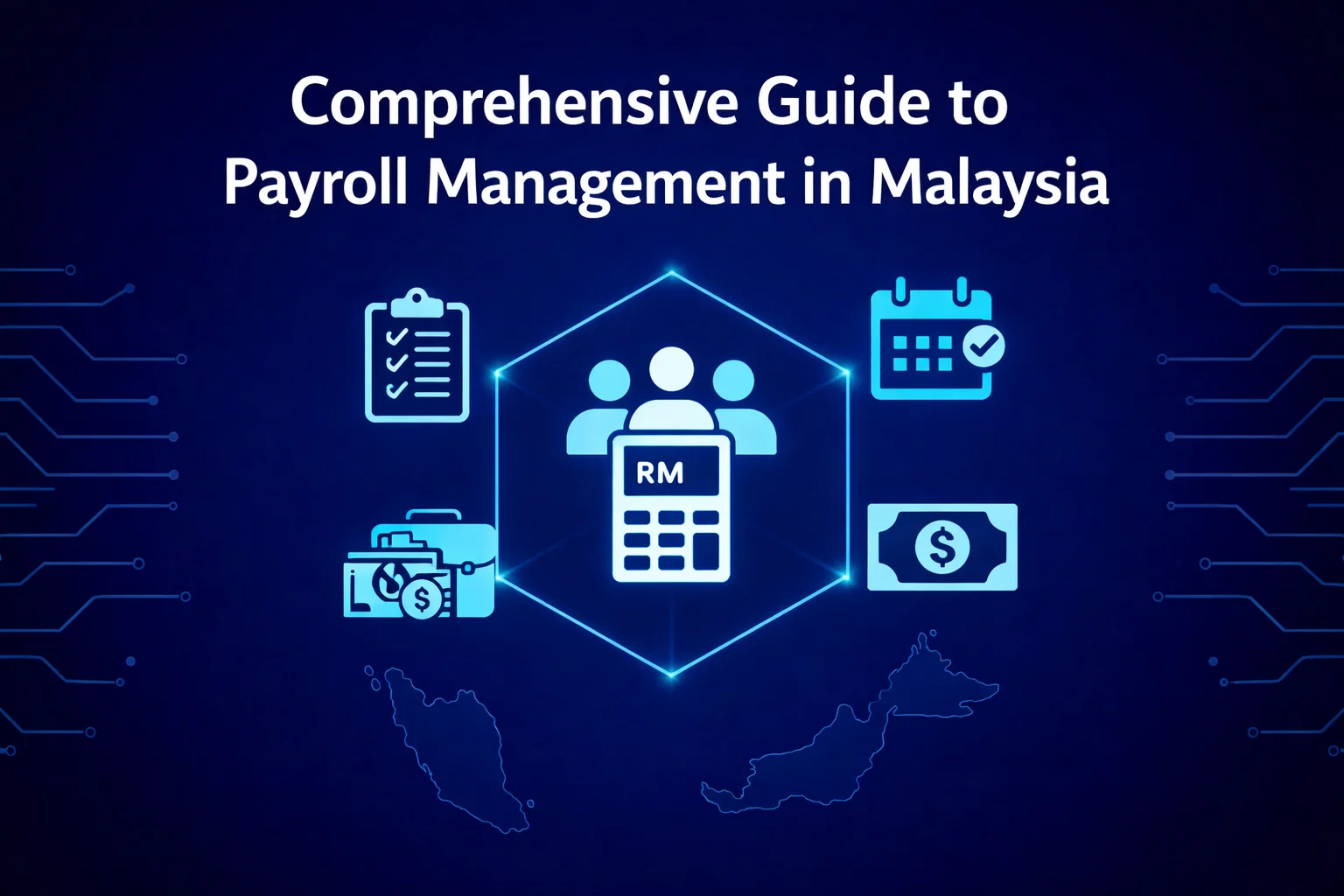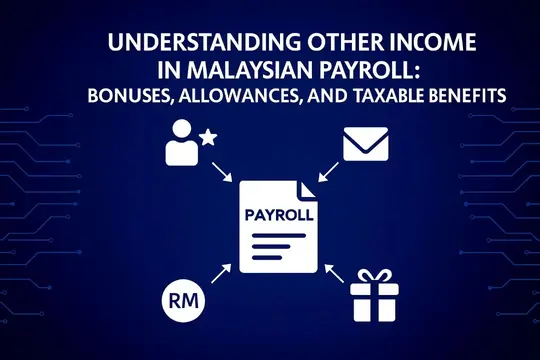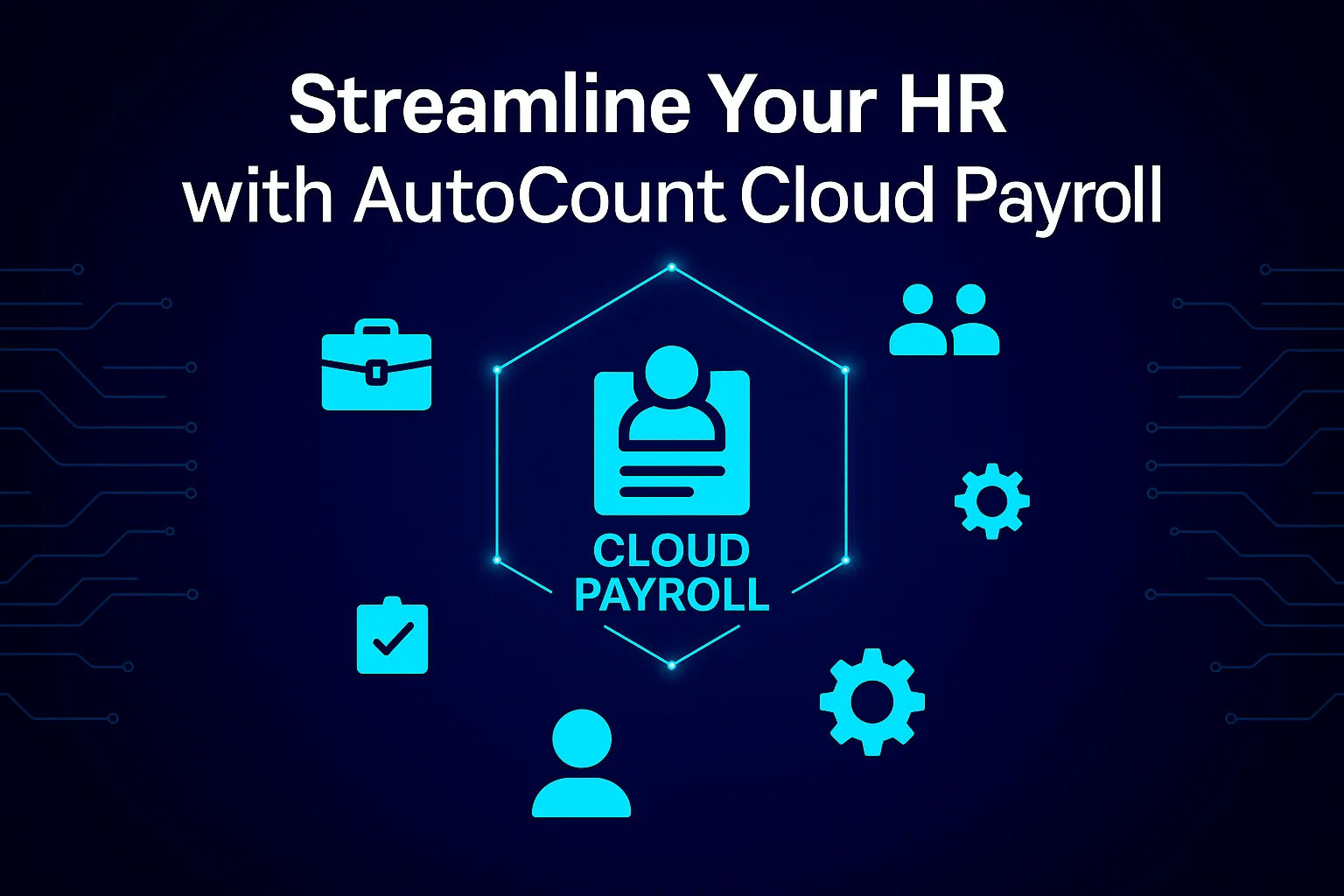Comprehensive Guide to Payroll Management in Malaysia
Navigate Malaysia’s complex payroll landscape with confidence. Learn about legal requirements, statutory contributions, best practices, and modern solutions for efficient payroll management.

Understanding the Importance of Payroll Management
Payroll isn’t just about issuing salaries—it’s a key function that impacts compliance, employee satisfaction, and business reputation. In Malaysia, the complexity is amplified due to legal mandates, cultural practices, and financial responsibilities.
Efficient payroll management ensures timely payments, correct deductions, and statutory submissions. It also minimizes errors and builds employee trust. Whether you run an SME or a multinational company, mastering payroll processes is crucial for long-term success.

Legal Framework Governing Payroll in Malaysia
Key Laws and Acts
Payroll in Malaysia is governed by several legal frameworks, including:
- Employment Act 1995
- Income Tax Act 1967
- EPF Act 1991
- SOCSO Act 1969
- Employment Insurance System Act 2017
- Human Resource Development Fund Act 2001
These laws outline minimum wage requirements, leave entitlements, contribution mandates, and more.
Employer Responsibilities
Employers must:
- Register with LHDN, EPF, SOCSO and EIS
- Maintain accurate employee records
- Ensure timely salary payment and statutory deductions
- File monthly and annual tax returns
Important: Failure to comply can lead to hefty fines and legal trouble.
Mandatory Deductions and Statutory Contributions
EPF, SOCSO, and EIS
| Contribution Type | Employer Rate | Employee Rate |
|---|---|---|
| EPF | 12–13% | 9–11% (lower after age 80) |
| SOCSO | 1.75% | 0.6% |
| EIS | 0.2% | 0.2% |
HRDF and Zakat
- HRDF: 1% (companies with ≥10 employees), 0.5% (≥ 9 employees)
- Zakat: Optional deduction for Muslim employees, deductible from income tax
Tax Deduction (PCB/MTD)
- Progressive tax rates from 0% to 30% for residents
- Flat 30% for non-residents
Monthly deductions must be remitted to LHDN.
Wage Regulations and Salary Components
Minimum Wage Standards
As of 2025:
- RM1,700/month
- RM8.72/hour
Allowances and Bonuses
- Common allowances: Transport, Housing, Meal, Attendance
- Bonuses are discretionary but often offered during festive seasons or performance reviews.
Overtime Pay and Limits
- Max 104 hours/month
- Max 12 hours/day
- Overtime for rest days and public holidays is paid at enhanced rates
Learn more about income tax responsibilities related to your salary, overtime, and minimum wage.
Essential Payroll Records and Retention Guidelines
What to Keep
Maintaining accurate payroll records is a legal requirement in Malaysia. Employers must retain:
- Employee details (IC/passport, address)
- Employment contracts and offer letters
- Monthly payslips
- Records of EPF, SOCSO, and EIS contributions
- Annual and sick leave records
- Tax deduction evidence (MTD/PCB)
- Commission and reimbursement documents
How Long to Keep Records
- SOCSO & tax records: At least 7 years
- Payslips & tax documents: Up to 10 years
Important Note: Even if payroll is outsourced, the legal obligation to keep records remains with the employer.
Payroll Cycle and Frequency in Malaysia
Monthly vs. Weekly Payroll
Most companies operate on a monthly payroll basis, typically disbursing salaries between the 25th and 30th. However, legally, salaries must be paid within 7 days after the end of the month.
Other cycles include:
- Weekly/BI-weekly pay – Common in F&B, construction
- Overtime – Payable by the end of the next month
- 13th-month bonus – Not mandatory, but a common goodwill gesture
Public Holidays and Overtime Considerations
If payday falls on a public holiday or weekend, payments are typically made on the preceding working day. Public holiday work must be compensated at 2–3x normal rate.
Best Practices for Smooth Payroll Management
Set clear policies and communicate them to staff
Use trusted payroll software or service providers
Stay updated on local labor laws
Conduct annual audits of payroll processes
Maintain data accuracy with regular updates
Train HR teams on payroll compliance
Addressing Common Payroll Challenges
- Contribution Errors and Audits: Problem: Incorrect or late submission. Fix: Use payroll software and do monthly audits.
- Benefit Reporting and Legal Updates: Problem: Failing to declare taxable perks. Fix: Stay updated with EPF, SOCSO, and LHDN newsletters.
- Other Issues: Outdated employee data, delayed payments, misinterpreted regulations.
Salary Payment Methods in Practice
Bank Transfers
- Most widely used
- Efficient, secure, and traceable
Cash & Cheques
- Cash: Still used, especially in small businesses, but harder to manage
- Cheques: Rare and slowly being phased out
Regardless of method, employers must issue payslips detailing:
- Basic salary
- Allowances
- Deductions
- Net pay
Payroll Management Options in Malaysia
In-House Management
Ideal for companies with internal HR expertise. Offers full control but riskier legally.
Outsourcing and Employer of Record (EOR)
- Outsourcing: Great for SMEs
- EOR: Perfect for foreign companies with no local entity
Using AutoCount Payroll Software
- Calculate deductions automatically
- Generate payslips and reports
- Submit reports to statutory bodies
Discover more about the cloud payroll features that can streamline your payroll management.
Special Considerations for Foreign Workers
Legal Requirements & Tax Rates
- Must hold valid permits (e.g. Employment Pass)
- Subject to 30% flat income tax (non-residents)
Additional Benefits & Documentation
- Often receive housing or relocation allowances
- Require passport copies, permits, and release letters from prior employers
Need Expert Help?
AutoCount offers reliable software and local support tailored for Malaysian businesses.
Get in touch to make payroll one less thing to worry about.



